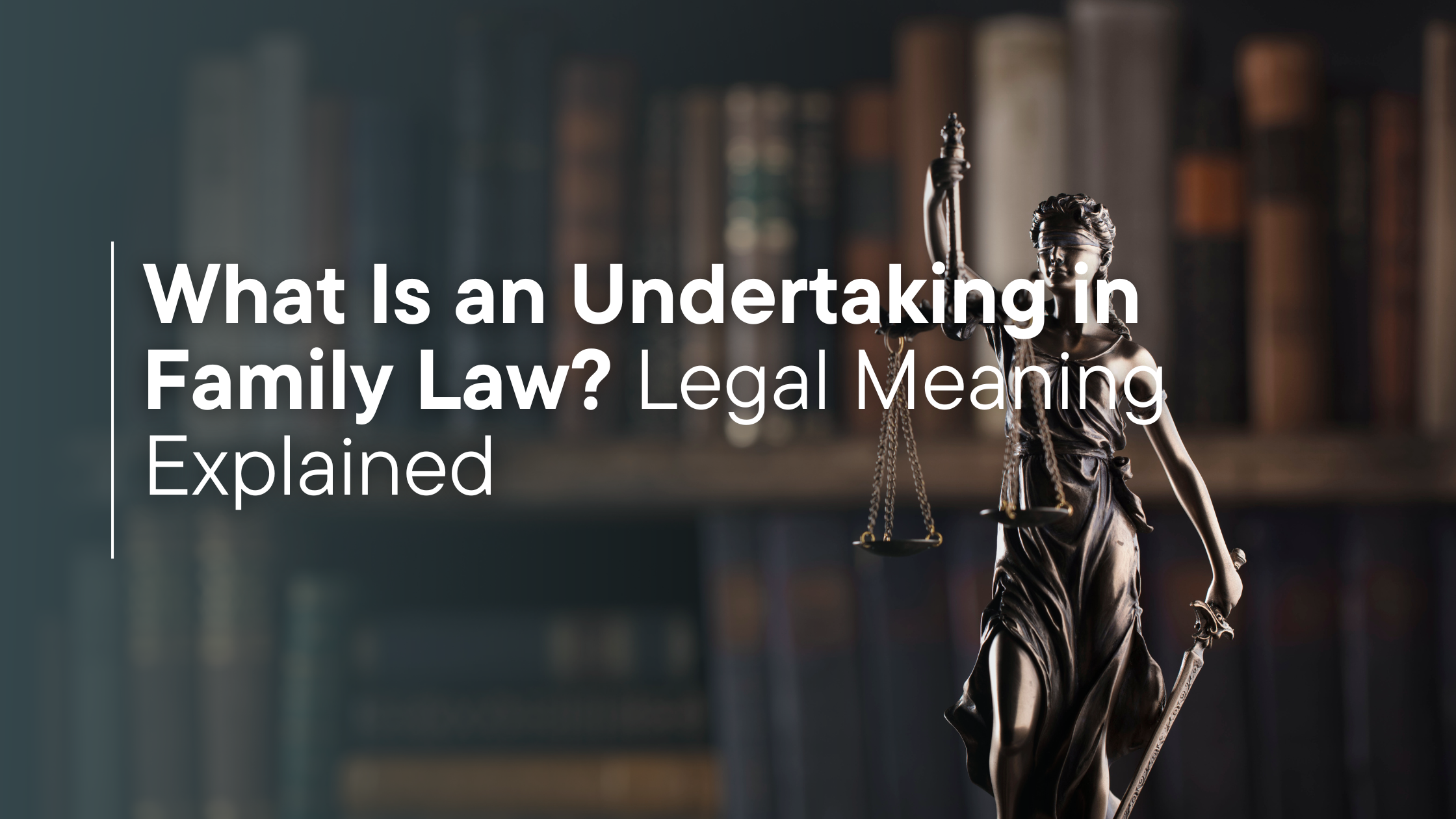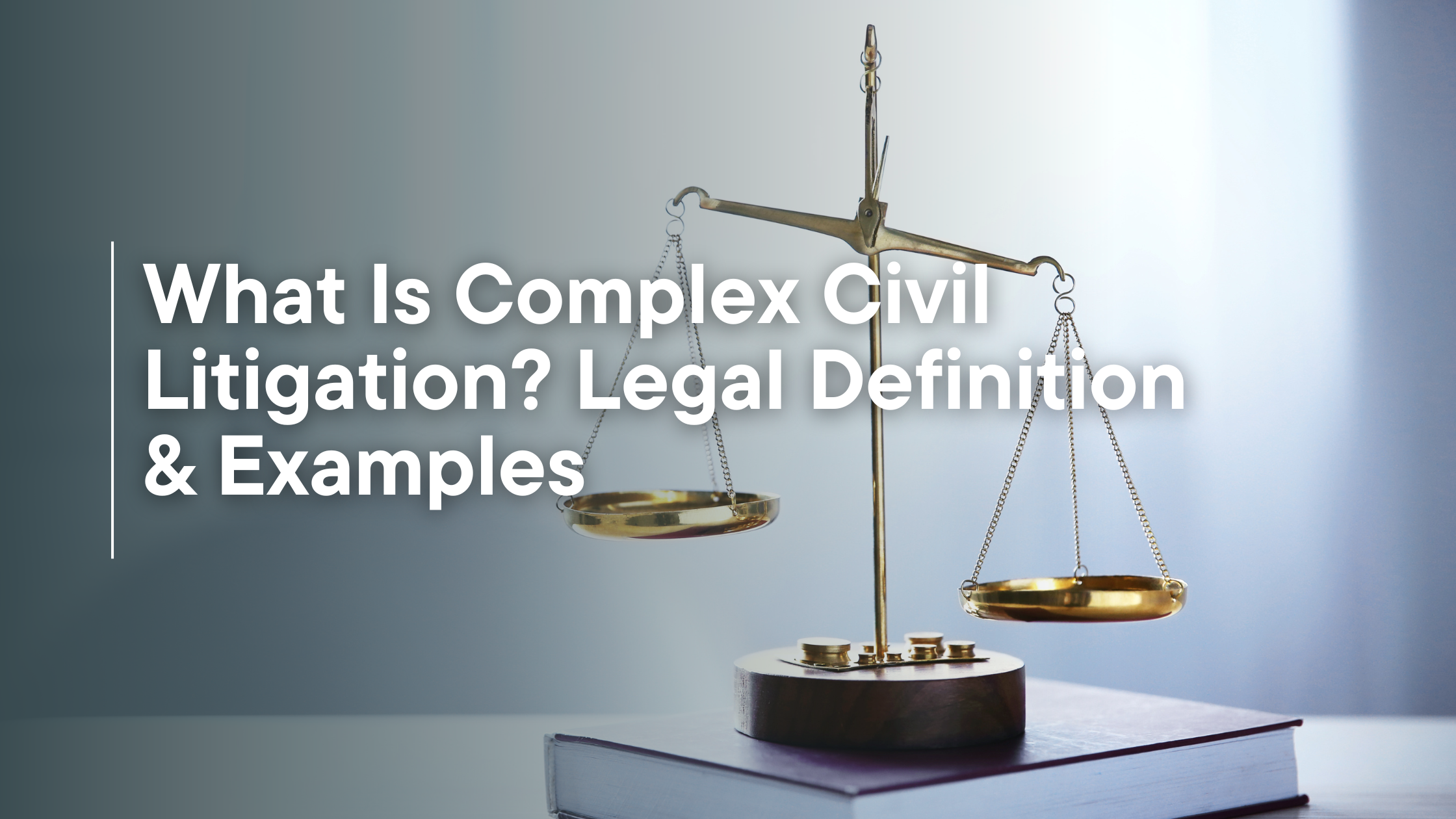Exploring Alternative Dispute Resolution: Mediation and Arbitration
Civil disputes don’t always need to end up in a courtroom. Alternative Dispute Resolution (ADR) methods, such as mediation and arbitration, offer effective ways to resolve conflicts while saving time, money, and stress. These processes can be particularly beneficial in civil cases, providing flexibility and a more collaborative approach to conflict resolution. At Barli Law LLC, we guide our clients through these methods to achieve favorable outcomes outside of court when possible.
What Is Alternative Dispute Resolution?
ADR encompasses methods of resolving disputes without a formal trial. The two most common ADR processes are:
1. Mediation
Mediation involves a neutral third party—the mediator—who facilitates a conversation between the disputing parties to help them reach a mutually agreeable resolution. Unlike a judge, the mediator does not impose a decision but encourages compromise and understanding.
Advantages of Mediation:
- Cost-Effective: Mediation is typically far less expensive than going to trial.
- Confidential: Discussions in mediation remain private, unlike court proceedings, which are public.
- Preserves Relationships: By focusing on collaboration, mediation is ideal for disputes where maintaining relationships (e.g., between business partners) is important.
- Faster Resolution: Mediation sessions often conclude in weeks or months compared to the years litigation can take.
2. Arbitration
In arbitration, a neutral arbitrator acts more like a judge, listening to both sides and making a binding decision. Arbitration is often used in commercial disputes and cases where the parties agree in advance to abide by the arbitrator’s ruling.
Advantages of Arbitration:
- Customized Process: The parties can agree on rules for the arbitration, including timelines and evidence procedures.
- Finality: Arbitration decisions are typically binding and not subject to appeal, providing closure.
- Expert Decision-Makers: Arbitrators with specific expertise in the subject matter can provide informed rulings.
Mediation vs. Arbitration: Choosing the Right Method
The choice between mediation and arbitration depends on the specifics of your case:
- Mediation works best when parties are open to negotiation and compromise.
- Arbitration is more appropriate for disputes where a definitive ruling is necessary but parties want to avoid the expense and delays of a trial.
At Barli Law LLC, we help clients assess their options and determine which method aligns best with their goals and circumstances.
How Barli Law LLC Supports Clients in ADR
- Expert Guidance: We prepare you for mediation or arbitration by explaining the process, gathering evidence, and advocating on your behalf.
- Effective Representation: In arbitration, we present your case effectively to ensure a fair and favorable outcome.
- Preserving Your Interests: Whether negotiating in mediation or arguing in arbitration, we prioritize protecting your rights and achieving your desired results.
Why Consider ADR for Civil Cases?
ADR offers a practical, less adversarial way to resolve disputes. With the guidance of skilled attorneys, these methods can save time and resources while preserving relationships and confidentiality.If you’re facing a legal dispute and want to explore alternative dispute resolution, contact Barli Law LLC at 973-638-1101 or visit our website. Let us help you find the path to a resolution that works for you.




